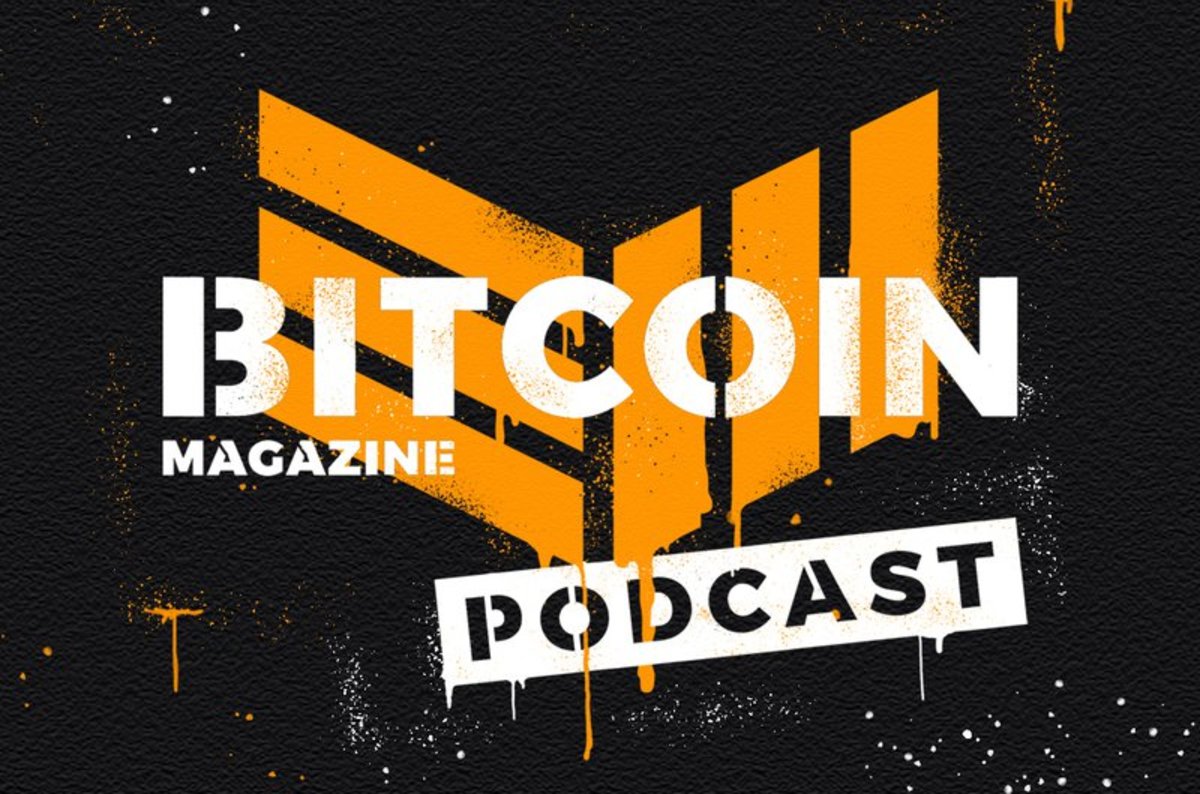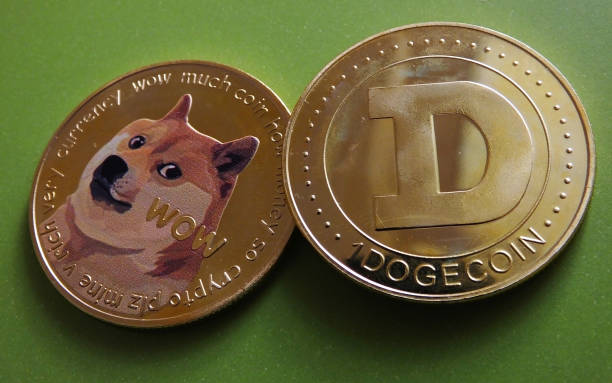Antpool and BTC.com have lost a bit of their old glory, significantly shrinking the share of Bitcoin block rewards on a daily and weekly basis. The BTC mining pools, headed by Bitmain, are still among the top four miners but have ceded their leadership to F2Pool and Poolin.
Bitmain Lost Bitcoin Mining Leadership in Three Months
In the past three months, while the overall hash rate for Bitcoin’s network kept setting a series of mining records, Bitmain’s pools lagged behind.
What a big difference 3 months make to @BITMAINtech with all the drama. In August, I looked at Bitcoin's hashrate distribution. Bitmain was the number 1 & 2 largest mining pool (https://t.co/SXrePJYWQz & AntPool). Now they have been overtaken by @f2pool_official & @officialpoolin pic.twitter.com/kAC4IcrbUJ
— Bobby Ong (@bobbyong) October 31, 2019
The lag of the two pools is happening as bitcoin is trading at prices way above breakeven for most Chinese miners. As the exact composition and hashing power of BTC mining pools is reported by different methods, it is hard to determine what happened to the two leading miners.
A pool is also not dedicated to a single bitcoin mining operator, and anyone can join it. Thus, mining farms may switch affiliation. A larger pool means a higher chance of winning the ever more scarce block rewards, and receiving a fraction of BTC for the mining effort.
Antpool Loses Steam
Antpool has seen a slow but steady decline in bitcoin block discovery over the years. Still, the pool has discovered more than 45,000 blocks in the past, picking up the pace in 2015.
BTC.com seems to be in better shape, with a share of around 14.3% of blocks discovered. The bitcoin mining pool often takes the second position in daily block discovery, right after F2Pool, as there is an element of chance to solving headers. The significant decline in BTC mining power was connected to Bitmain’s leadership drama. On Tuesday, Jihan Wu sent out a dramatic message to completely oust Zhan “Micree” Ketuan from the organization, even warning to block him from physically accessing the Bitmain headquarters.
In the past year, Bitmain has suffered from the failure of its IPO. Despite the market recovery, sales remained weak, and competitors were on the heels of the leading ASIC producer. Bitcoin mining rigs from Innosilicon, and Canaan Mining continued to take over the market share.
Bitmain is still expanding its mining operations, with a recently opened facility in Texas.
#Bitmain completes construction of 50MW mining facility in #Rockdale #Texas. (https://t.co/Sztme8Fokf) The project is set to create jobs in the area and plans to work with the local district to provide education and training on blockchain technology and data center operations. pic.twitter.com/z5W7b7eNei
— Antminer_main (@Antminer_main) October 21, 2019
But it remains to be seen what the effect of the new mining farm will be. Additionally, Bitmain has announced the shipments of the Antminer S17 series at the beginning of October, and the new machines may dramatically sway the distribution of bitcoin hashing power.
#Antminer @BITMAINtech #WDMS2019 officially launches the new Antminer S17+ with a hash rate of 73 TH/s and power efficiency of 40 J/TH + 10% & Antminer T17+ with a hash rate of 64 TH/s and power efficiency of 50 J/TH + 10% (Selling time: Oct. 11 19:00 GMT+8) pic.twitter.com/7NvZqC7p42
— Antminer_main (@Antminer_main) October 9, 2019
The Bitcoin overall hash rate reached 97 quintillion hashes per second, with the potential for new records as mining heads to the final stretch before the halving of the reward.
What do you think about Bitmain’s role in bitcoin mining? Share your thoughts in the comments section below!
Images via Shutterstock, Twitter: @bobbyong, @Antminer_main








